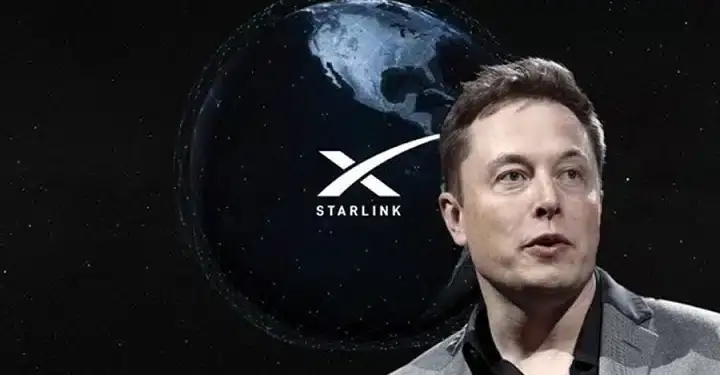
By Kennedy Nalyanya
CAPE TOWN – In a move that has ignited debate across the country's technology and business sectors, SpaceX, the company founded by South African-born entrepreneur Elon Musk, has formally requested that the South African government consider an alternative to its Black Economic Empowerment (BEE) rules. The proposal, known as an Equity Equivalent Investment Program (EEIP), could pave the way for SpaceX's satellite internet service, Starlink, to finally launch in the country.
What’s the Problem with BEE?
At the heart of the issue is a key requirement of South Africa's BEE policy: for information and communication technology (ICT) companies to operate, they must have at least 30% Black ownership. While this policy is intended to address historical imbalances, SpaceX has argued that it creates regulatory uncertainty and discourages foreign investment. Elon Musk himself has previously described BEE rules as "openly racist."
Instead of ceding equity, SpaceX's proposal suggests that the company could contribute to BEE goals by investing in other areas, such as infrastructure development, skills training, and support for small businesses. This EEIP model is not new to South Africa; it has been successfully used by major global automakers like BMW, Ford, and Toyota, allowing them to invest in the country without having to meet the direct ownership requirement.
Government Response and a Potential R2 Billion Investment
South Africa's government appears to be listening. The Minister of Communications and Digital Technologies, Solly Malatsi, confirmed that the government is actively reviewing public submissions, including the one from SpaceX, to explore alternative compliance models for the ICT sector. This review, led by the communications regulator ICASA, is seen by many as a direct response to Starlink's stalled entry into the market.
SpaceX has reportedly pledged a significant investment as part of its proposal, including a R500 million investment to provide free internet to 5,000 rural schools. The company's total investment could reach up to R2 billion ($112.7 million). In addition, Starlink plans to partner with local firms for key services like land, fiber, energy, and maintenance, which could create further economic opportunities.
While a "special exemption" for Starlink has been mentioned, the proposed policy change would not be a one-off deal. If adopted, the EEIP model for ICT would be available to all current and future telecom operators, creating a more flexible and, according to its proponents, more attractive regulatory environment for global tech companies.
Starlink is already operational in several other African nations, including Namibia, Botswana, and Mozambique, but its entry into South Africa remains in a state of limbo. The outcome of the government's policy review will determine whether the country is ready to open its doors to Starlink and potentially billions in new investment.


Add comment
Comments